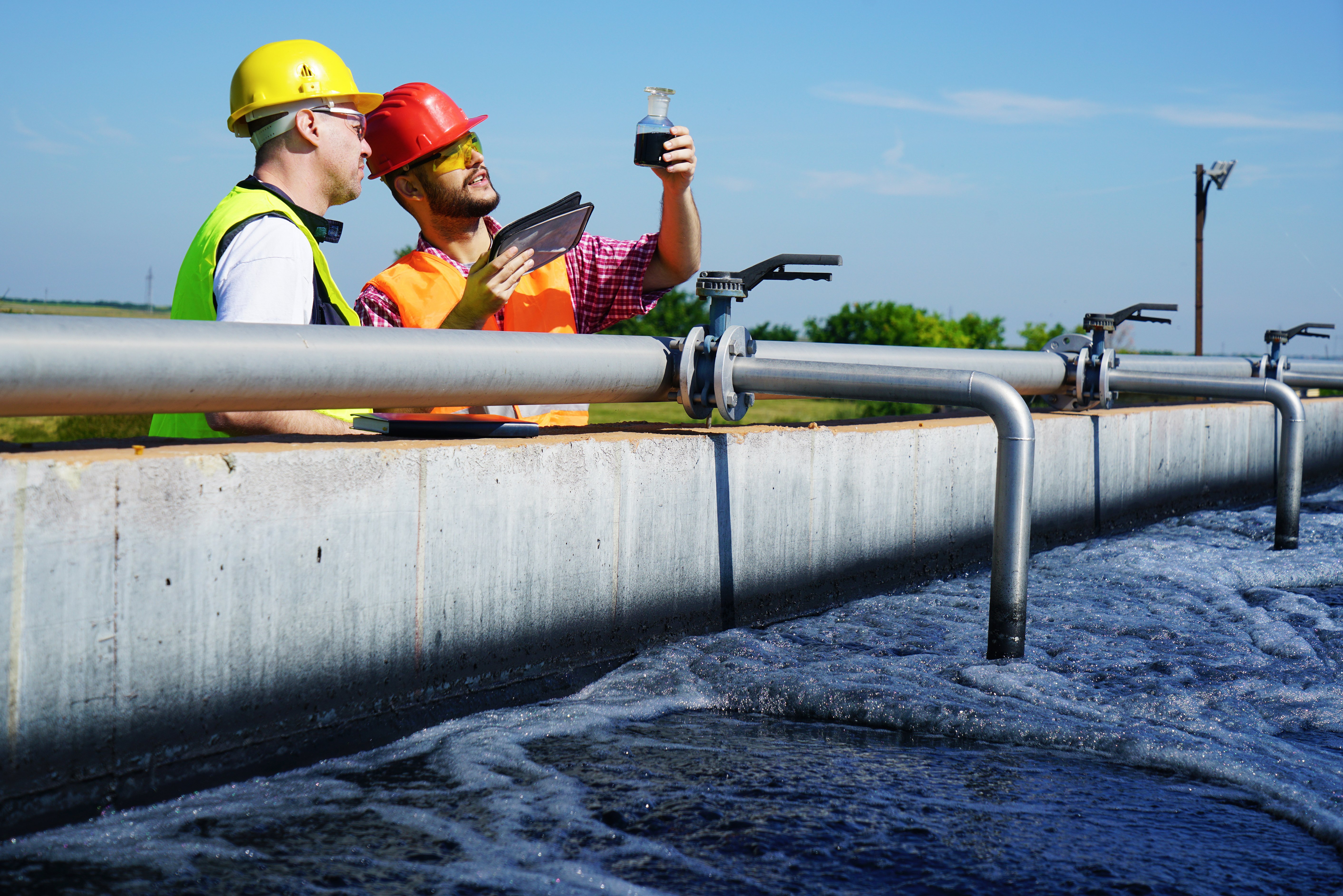Water is essential to life, and growing global concerns over water scarcity have intensified the focus on reusing wastewater streams. Industries are pivotal in driving efficient water conservation. Achieving sustainable wastewater management demands not only the right equipment, but also the proper chemicals and expertise to tackle the various impurities present in industrial wastewater.
Haarla’s sustainable and innovative specialty chemicals for industrial water purification are particularly suited for the food industry. There, water treatment is complicated due to purity requirements and bacteria, as well as the fats and solids that are often present in the wastewaters.

Natural coagulants
Coagulation and flocculation are an essential part of wastewater treatment. During the precipitation process, coagulants and flocculants are usually added to the wastewater to separate the impurities from the treated water. With the right chemicals, the precipitation method is very efficient for the oily wastewaters created by the dairy industry, as well as for the wastewaters from slaughterhouses containing mineral and organic solids.
Haarla offers coagulants created from natural source ingredients, free of micro plastics and heavy metals like aluminum or iron, which are commonly used in the industry. Our tannin-based coagulant HTH is carbon-negative and fully biodegradable. It comes with an additional benefit of economical dosing; usually only 1/5 of a dose is needed, compared to a regular, inorganic coagulant. The HTH coagulant is efficient in a wide pH range (5–9) and its suitability in the treatment process is easy to test. It also generates less sludge than regular inorganic coagulants. Last but not least, HTH is often possible to use alone. Instead of the combination use of coagulant and flocculant chemicals, only one highly efficient product is enough to get the job done.
Increased safety with H2S scavengers
In addition to the flocculants and coagulants, also other specialty chemicals are needed when treating wastewaters from the food industry. For example, hydrogen sulfide (H2S) is often present in dairy wastewaters. When it oxidizes in water, it forms hydrogen sulfide gas that has a foul odor and is corrosive, flammable, and dangerous to inhale. When the wastewater is led from the factory to the municipal grid, the residue hydrogen sulfide can cause problems at the pumping stations. The H2S scavenger by Haarla binds the hydrogen sulfide to the water phase, preventing its evaporation into hazardous gas. The H2S scavenger thus increases the safety of the whole wastewater treatment process, from the factory to the municipal wastewater treatment plant.
Clean water, clear conscience
At Haarla, we know that clean water is the foundation of life. We want to help our customers make good choices that ensure a healthy environment also for the generations to come. If you want to discuss improving the water purification process of your industry, the Haarla experts in our Enviro team are at your service.
Contact us for more information!


